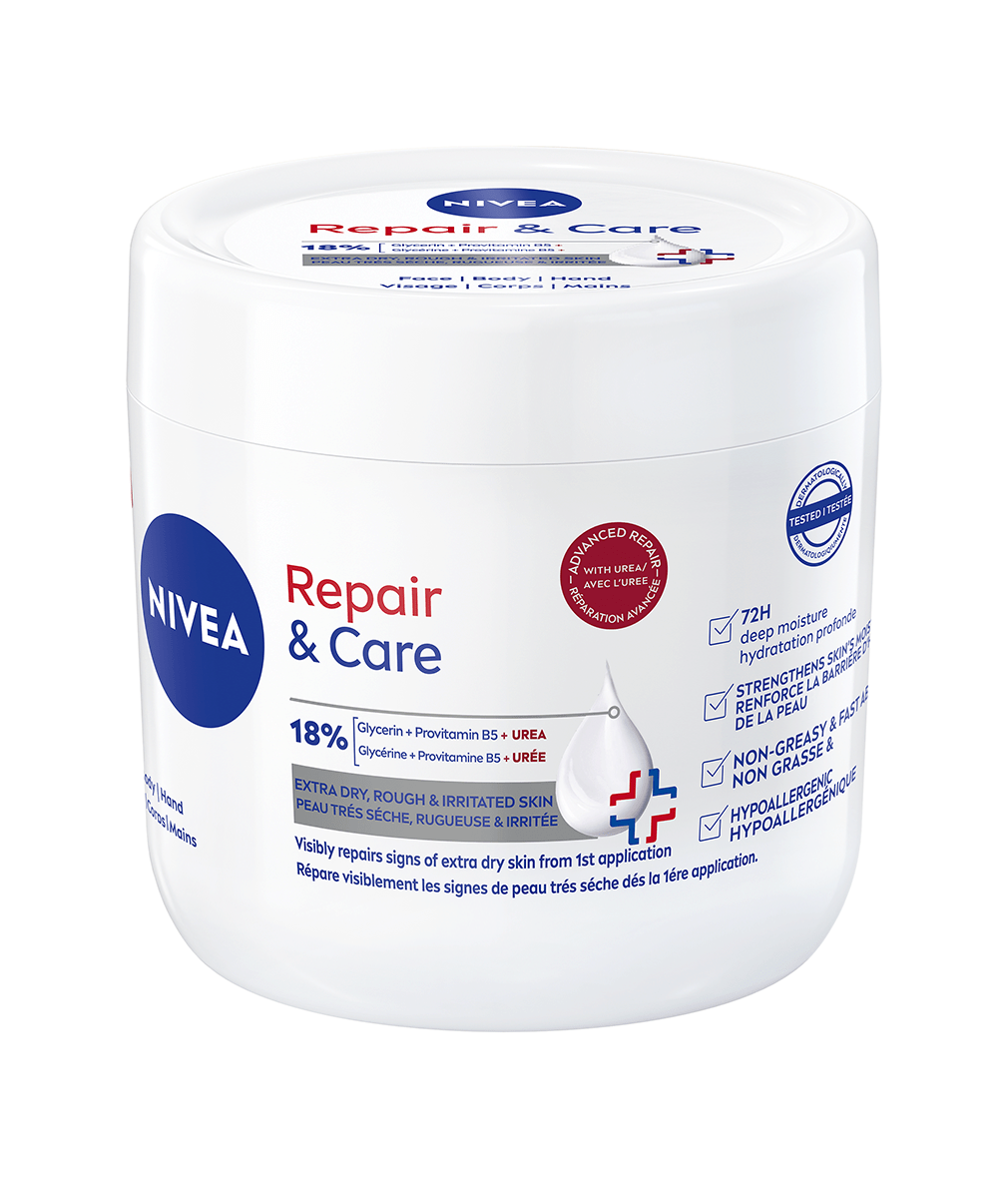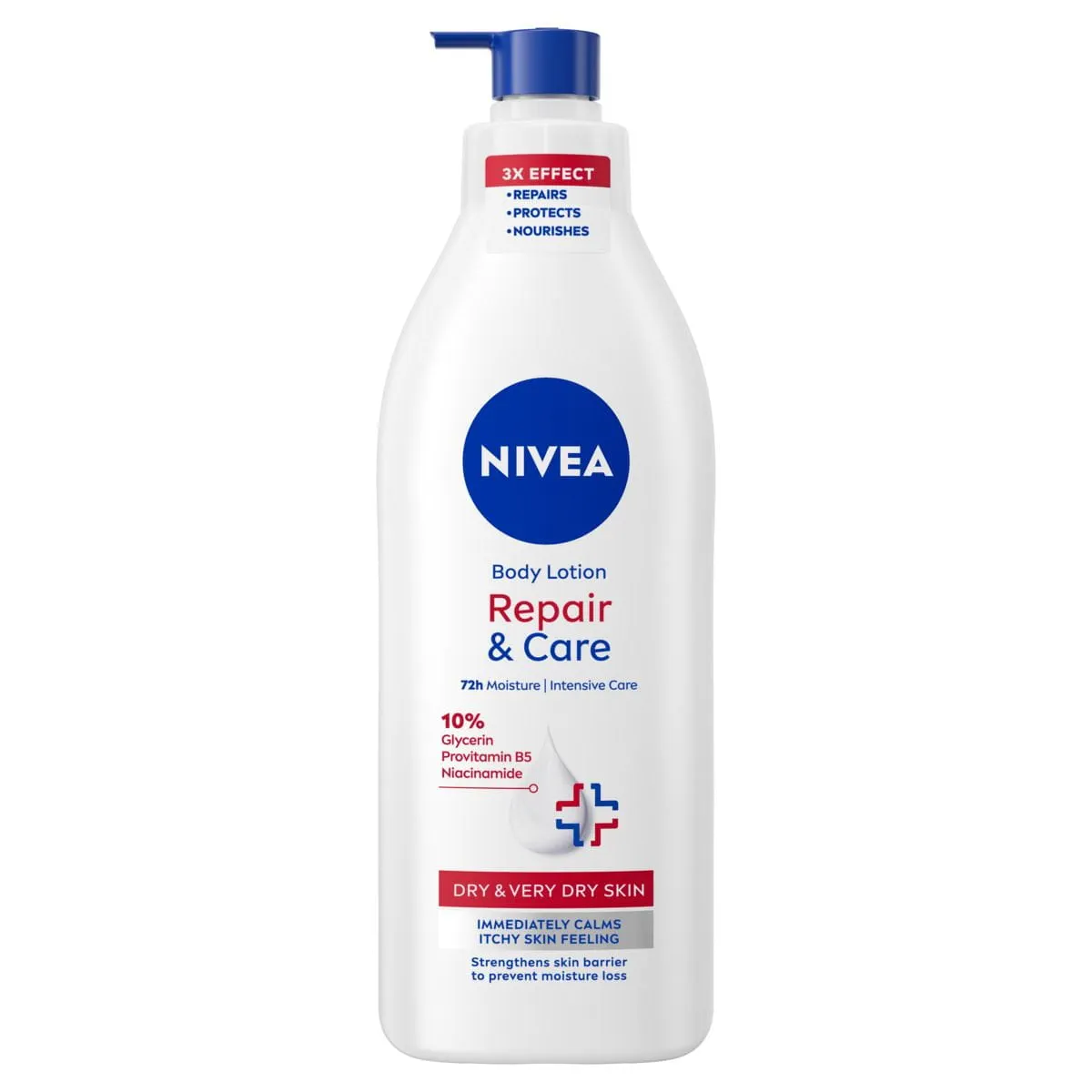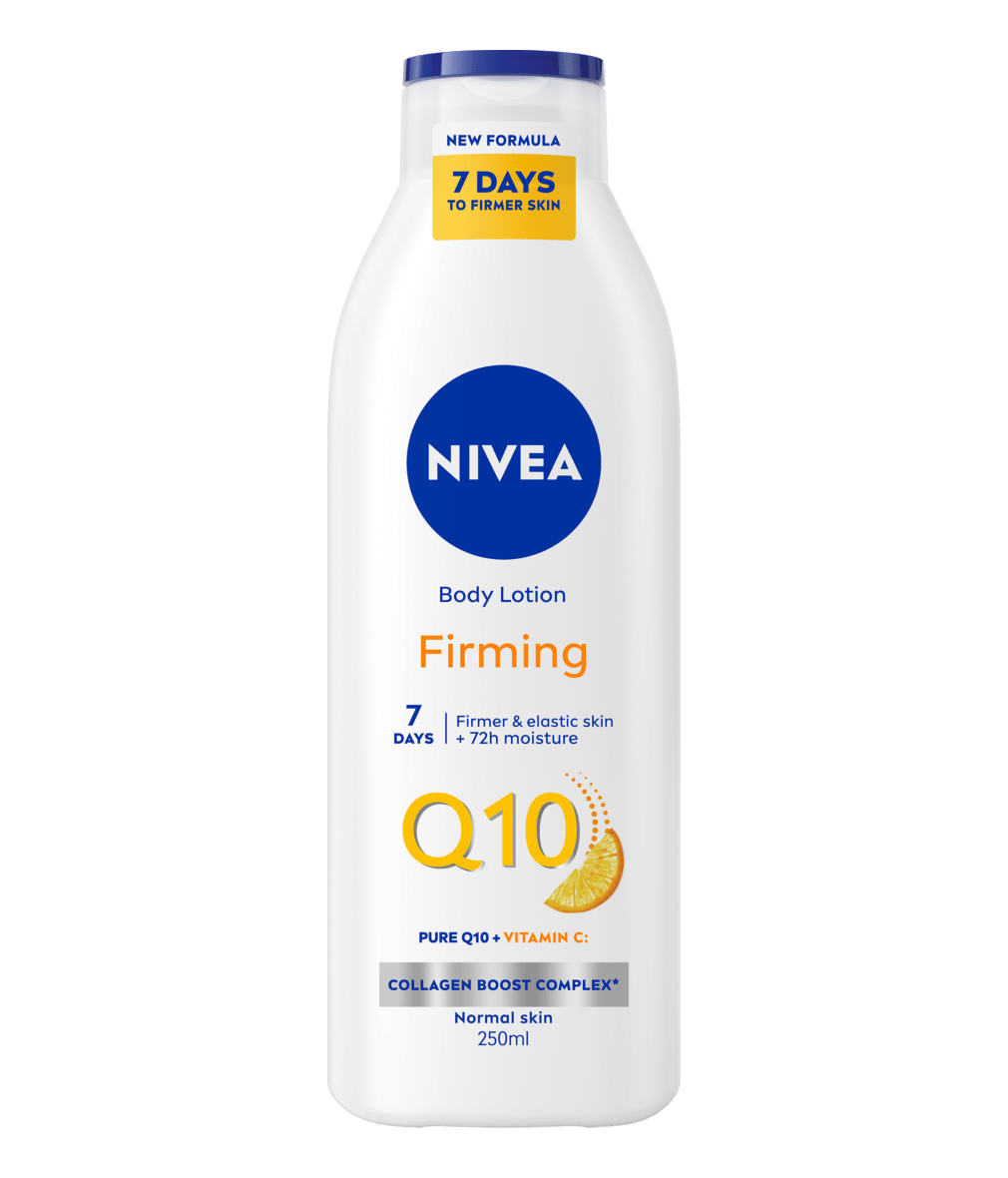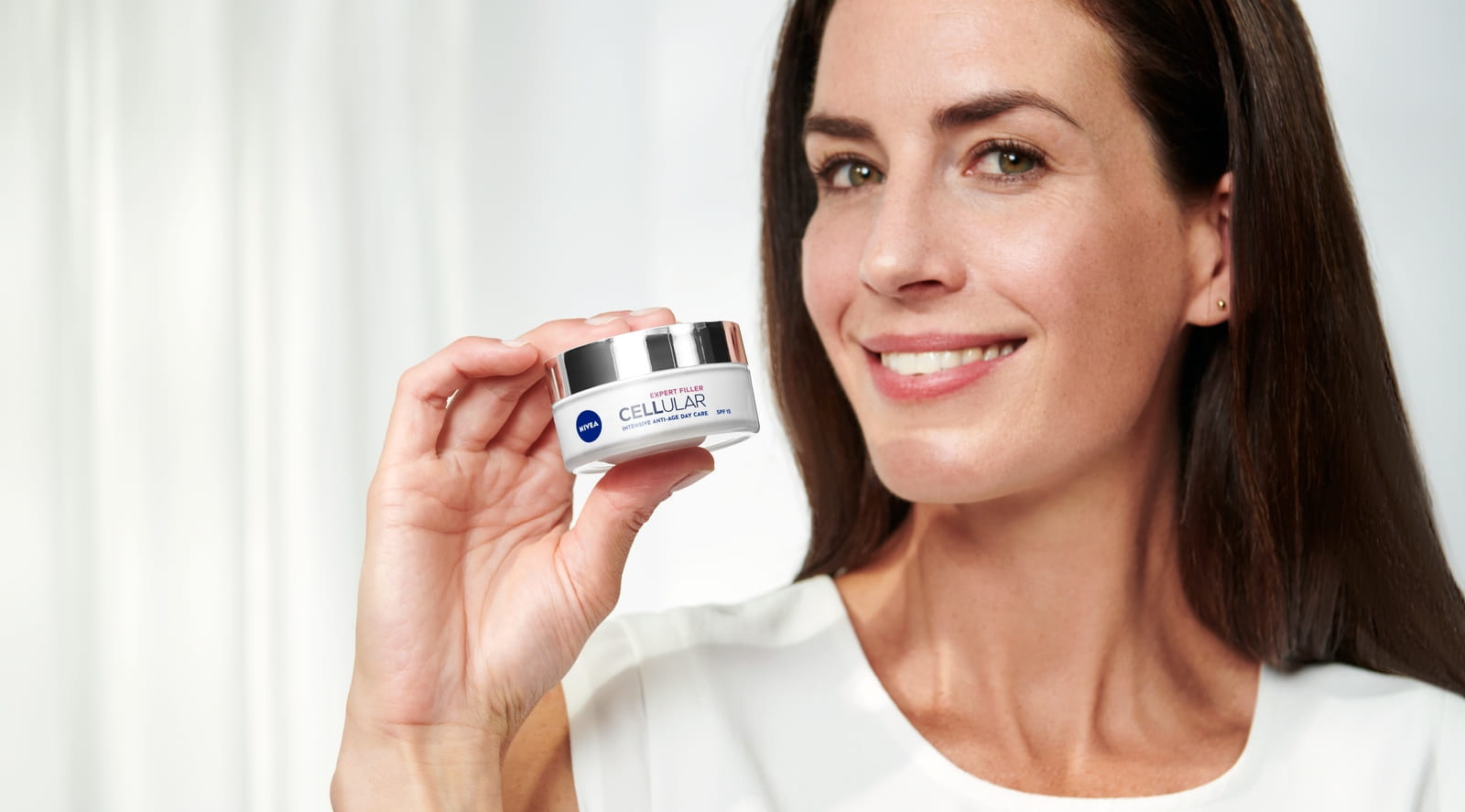
5 Tips to Help Repair a Broken Skin Barrier
Discover the signs of a broken skin barrier, simple repair tips, and ways to strengthen your hydrolipid barrier naturally.
How to Help Repair a Damaged Skin Barrier
What is the Skin Barrier?
What is a Broken Skin Barrier?
5 Broken Skin Barrier Symptoms
A damaged hydrolipidic film can show up in many ways. Here are some of the most common signs to look out for, so you can check if your skin barrier needs a little extra care.
5 Causes of a Damaged Skin Barrier
Understanding what weakens the skin barrier can help you to protect it. Here are some common causes of hydrolipidic film damage.
Facts Overview
5 Tips on How to Help Repair the Skin Barrier
NIVEA’s Routine to Help Strengthen the Skin Barrier
A simple, consistent routine can help support and strengthen your skin barrier, helping to keep it protected every day.
Summary
Your skin barrier is essential for keeping skin strong, hydrated, and comfortable. When it becomes damaged, you may notice signs like dryness, sensitivity, or blemishes.
The good news is that with gentle care, the right products, and daily protection, you can help restore a healthy skin barrier. From choosing hydrating cleansers and targeted serums to nourishing body creams and everyday SPF, NIVEA’s strengthening routine supports your skin every step of the way.
















